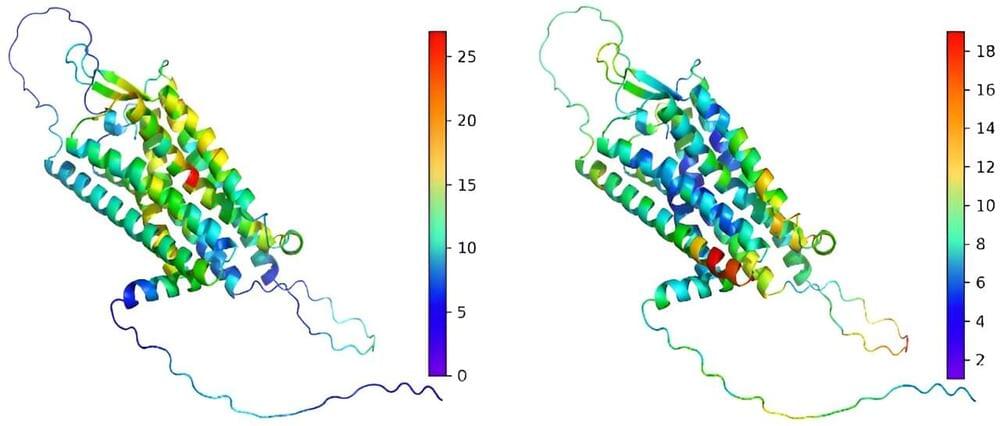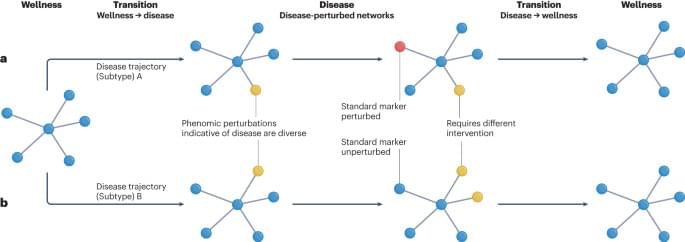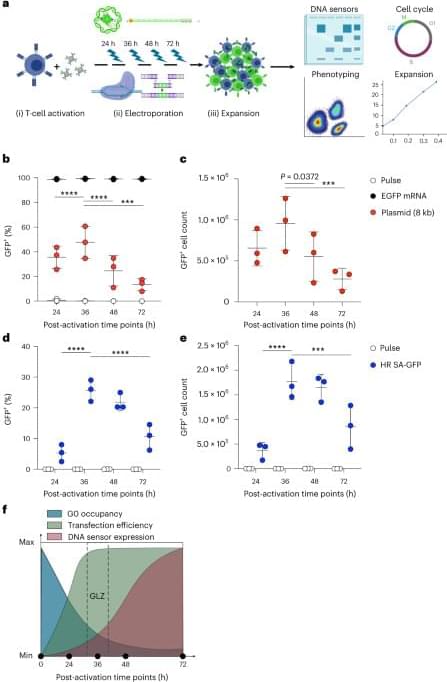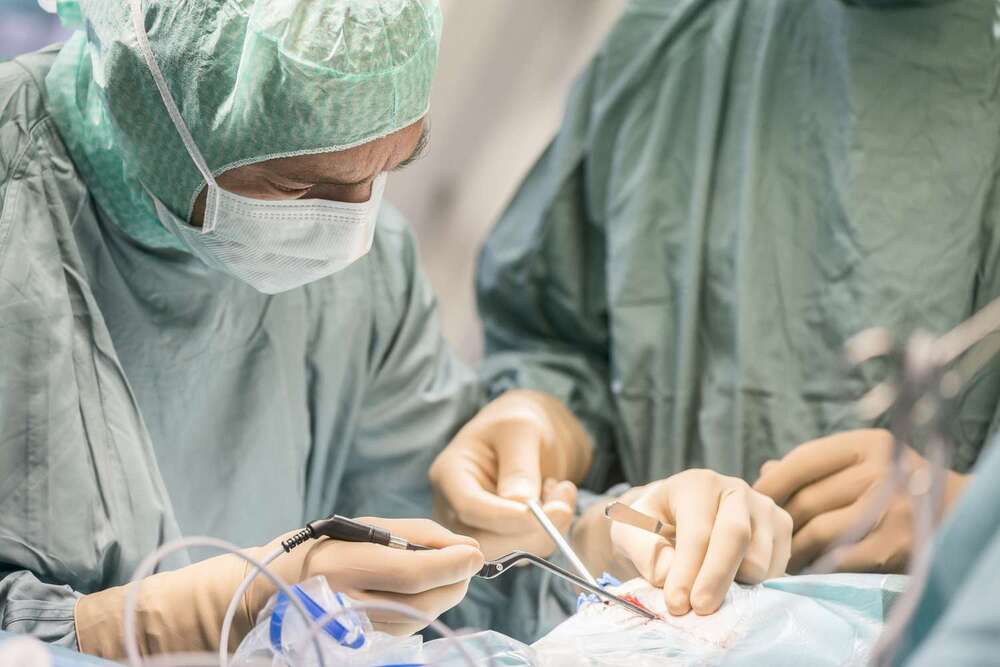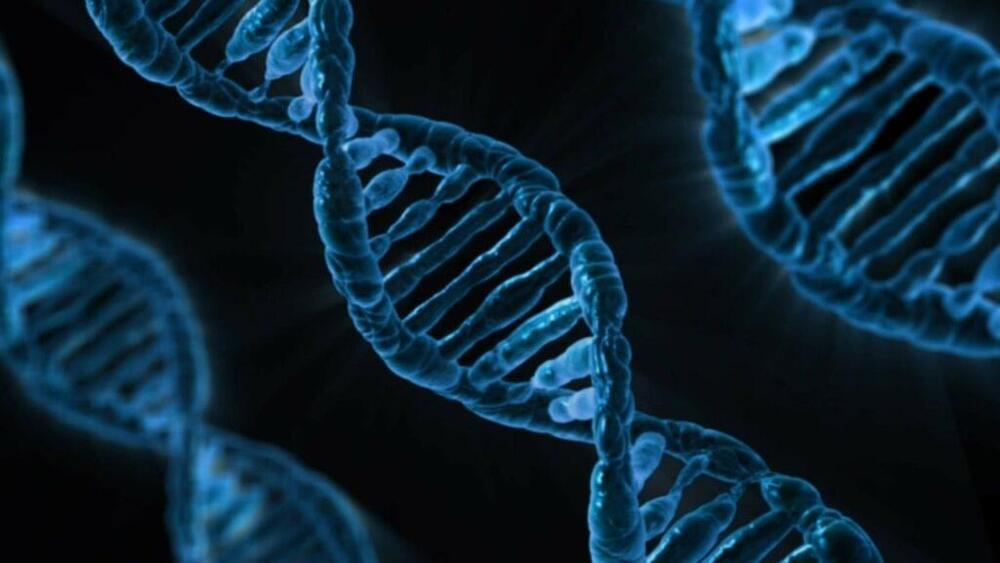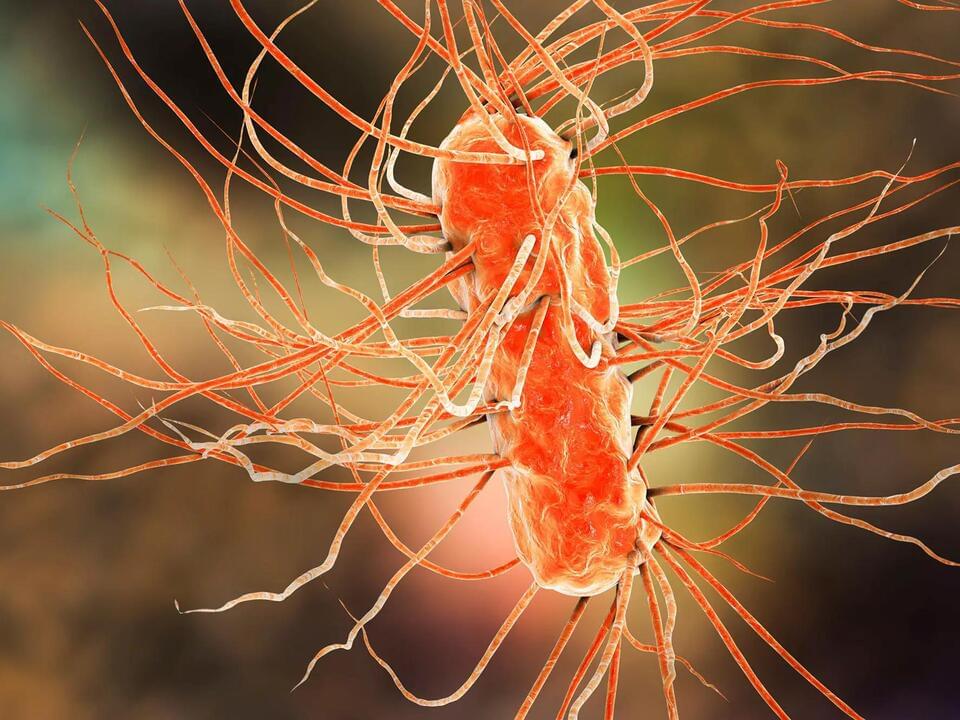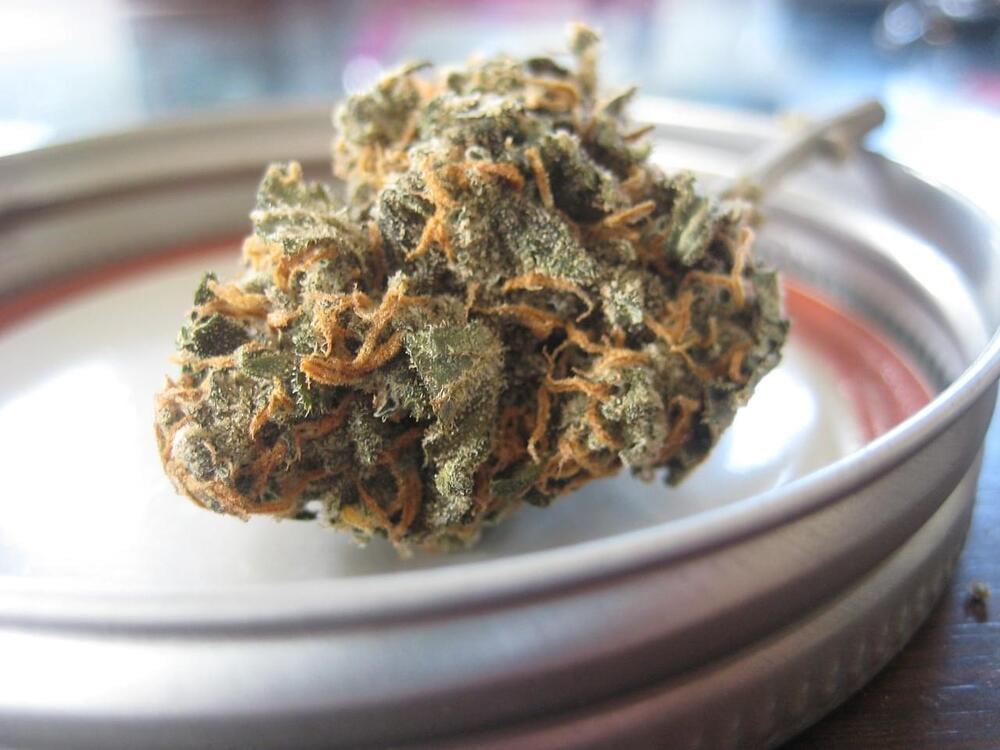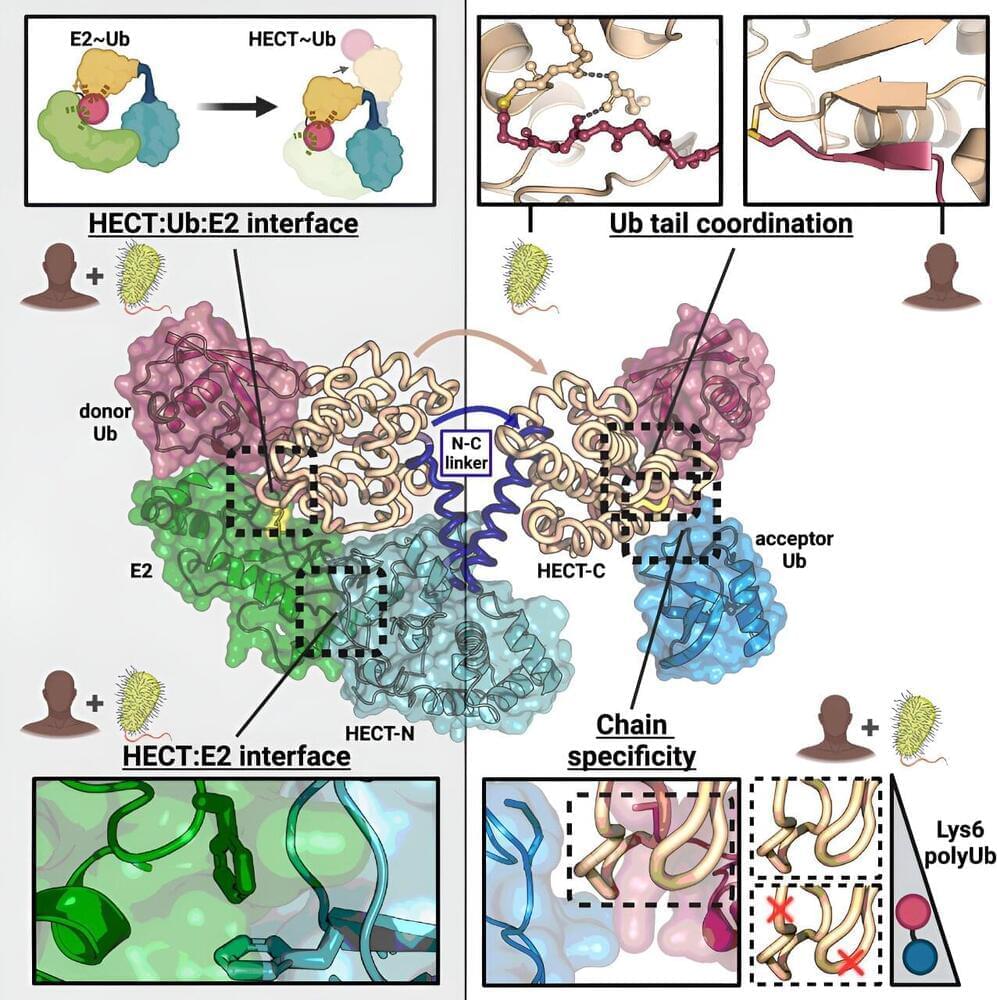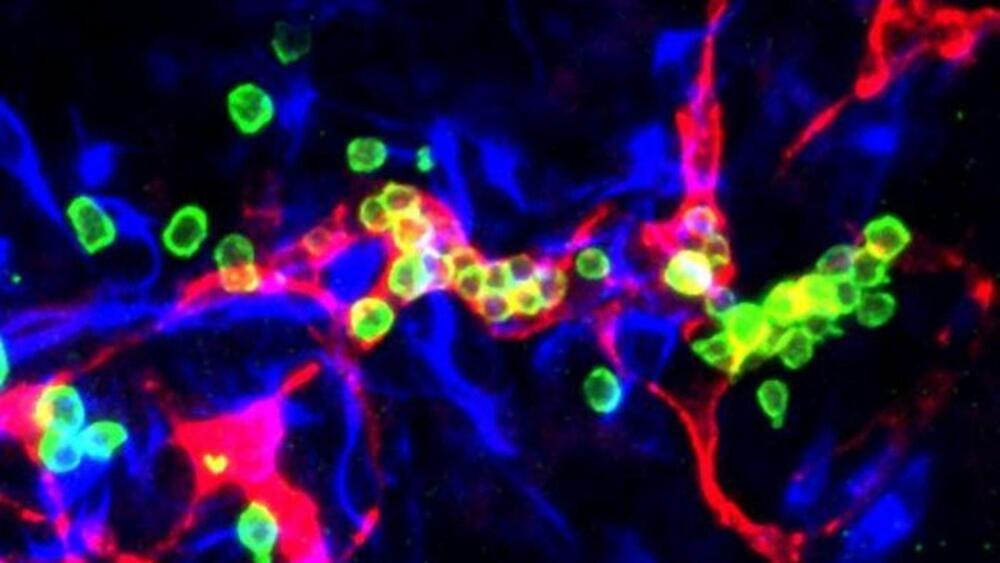Dec 14, 2023
Unlocking the human genome: Innovative machine learning tool predicts functional consequences of genetic variants
Posted by Saúl Morales Rodriguéz in categories: biotech/medical, genetics, health, robotics/AI
In a novel study, researchers from the Icahn School of Medicine at Mount Sinai have introduced LoGoFunc, an advanced computational tool that predicts pathogenic gain and loss-of-function variants across the genome.
Unlike current methods that predominantly focus on loss of function, LoGoFunc distinguishes among different types of harmful mutations, offering potentially valuable insights into diverse disease outcomes. The findings are described in Genome Medicine.
Genetic variations can alter protein function, with some mutations boosting activity or introducing new functions (gain of function), while others diminish or eliminate function (loss of function). These changes can have significant implications for human health and the treatment of disease.
